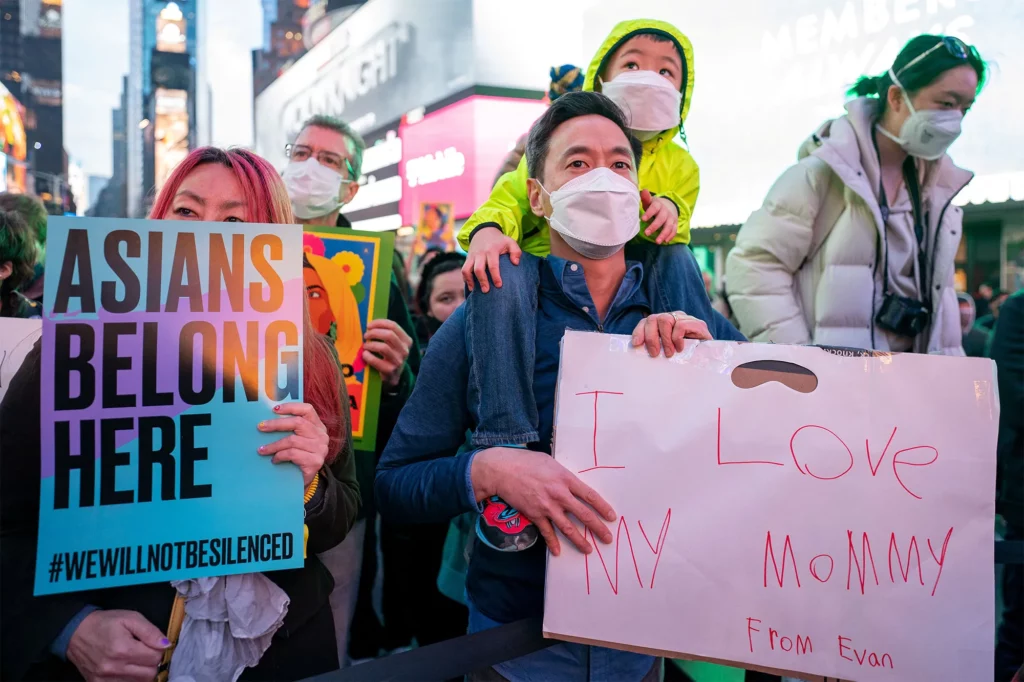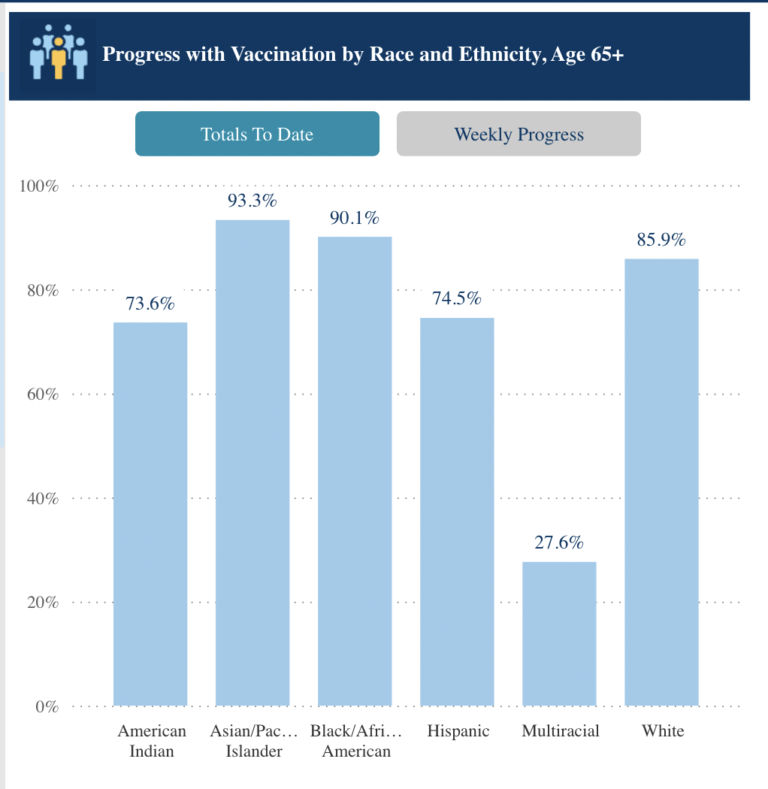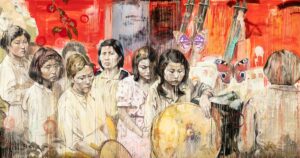Justice is not always upheld, especially in the face of racism. Bias in the judicial system has always been and will likely continue to be a major problem. However, the consequences of discrimination in a judicial system that was promised to be unbiased are of immense significance. Four decades ago, the racially motivated killing of an Asian American and the unfairness of the resulting court case led to increased activism for the rights of Asian Americans. The death of Vincent Chin sparked what can be considered a crucial turning point for Asian American rights and equality.

Vincent Chin was the adopted child of an immigrant couple from China. He worked 2 jobs: one at an automotive supplier and one at a Chinese restaurant. His friends and employers described him as outgoing and hardworking, and he was engaged. During the 1980s, an economic recession was negatively affecting the American auto industry, provoking increased resentment towards cars imported from Japan. This led to intensified Anti-Asian hate and discrimination, especially in Detroit (the center of the United States automotive industry). On June 19, 1982, Chin and his friends were having a bachelor party and encountered 2 white men (Ebens and Nitz) involved in the auto industry. Both parties were under the influence of alcohol and what started as verbal altercations soon became physical fights. Nitz took a baseball bat from his car and stalked Chin and his friends for half an hour. Once Ebens and Nitz found Chin, “Nitz grabbed Vincent and held him down while Ebens swung the bat into Vincent’s head, ‘as if going for a home run,’ reported witnesses” (Vincent Chin Institute). He was rushed to the hospital in a coma but died 4 days later.
Although the impact of Vincent Chin’s tragic death was extensive, the injustice of the resulting court case was what undoubtedly launched the Asian American rights movement. Ebens and Nitz were charged with second-degree murder but the charges were reduced to manslaughter on plea bargains. The men paid a $3,000 fine, were sentenced to 3 years of probation, and received no jail time. The judge argued that Ebens and Nitz were not “the kind of men you send to jail.” The inequality and lack of justice shown by their sentence resulted in the unification of Asian American communities in an effort to correct the United States legal system.
 Different Asian ethnicities came together to stand against the racism that was revealed from Vincent Chin’s death. “His case ignited the modern Asian American civil rights movement and built a multiracial, multicultural coalition united for equal justice and human dignity” (Vincent Chin Institute). Many organizations and institutes have been formed to combat the hate crimes against Asian Americans and advocate for equal rights. His death also contributed to a sense of unity and Pan-Asian American identity.
Different Asian ethnicities came together to stand against the racism that was revealed from Vincent Chin’s death. “His case ignited the modern Asian American civil rights movement and built a multiracial, multicultural coalition united for equal justice and human dignity” (Vincent Chin Institute). Many organizations and institutes have been formed to combat the hate crimes against Asian Americans and advocate for equal rights. His death also contributed to a sense of unity and Pan-Asian American identity.
Now, more than 40 years after Vincent Chin’s death, there are similar situations of anti-Asian hate. Especially during the pandemic, hate crimes that can be compared to Vincent Chin’s death







